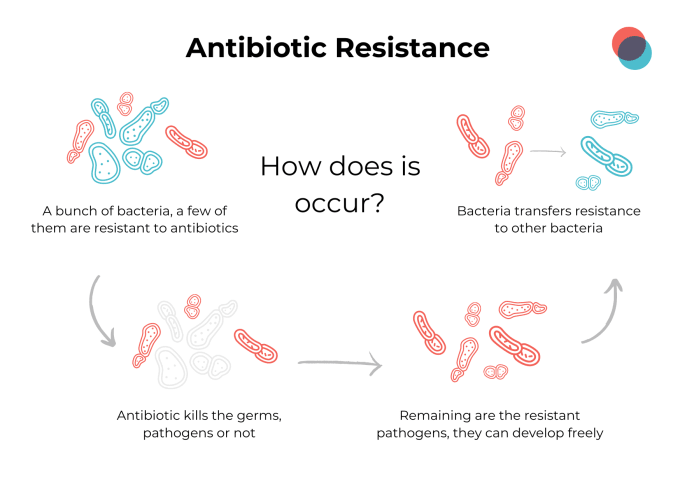WHO officially recognizes noma as a neglected tropical disease
News 2023: World Health Organization (WHO) recently announced the inclusion of noma (cancrum oris or gangrenous stomatitis) in its official…
Daily news on health
ICMR [Indian Council for Medical Research] opinion on Superbugs

What is Carbapenam?
Carbapenems are a subclass of antibiotics called beta-lactam antibiotics (antibiotics that have a chemical structure called a beta-lactam ring). Beta-lactam antibiotics also include cephalosporins, monobactams, and penicillins.
Carbapenems are broad-spectrum antibiotics. That is, they are effective against many types of bacteria, including bacteria that are resistant to many other antibiotics.
Carbapenems include the following:
Doripenem
Ertapenem
Imipenem
Meropenem